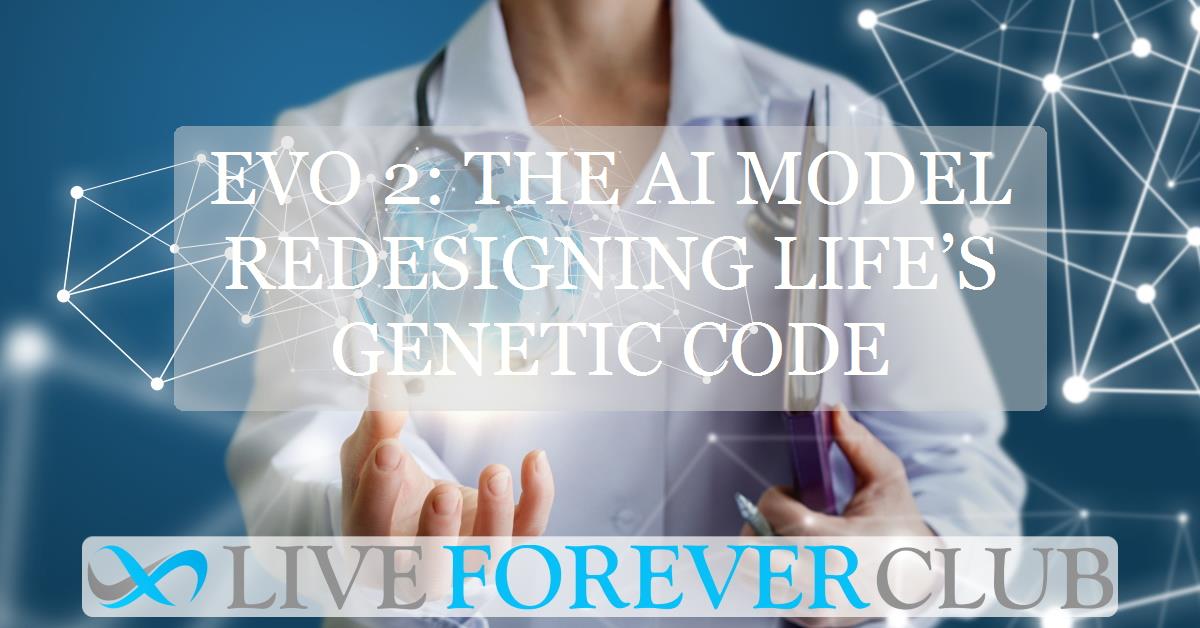Key points from article :
The Arc Institute has unveiled Evo 2, an advanced genome foundation model that builds upon its predecessor, Evo 1. Unlike its earlier version, which focused only on bacterial and archaeal genomes, Evo 2 expands its reach to include humans, plants, and other complex life forms. This AI model, developed in collaboration with Nvidia and researchers from top universities, aims to revolutionize fields such as drug discovery, agriculture, and biotechnology by offering predictive and generative insights into DNA, RNA, and proteins.
One of Evo 2’s major strengths is its ability to predict the effects of genetic mutations. In early tests, it demonstrated over 90% accuracy in determining whether BRCA1 gene mutations are benign or disease-causing—critical information for understanding cancer risk. Patrick Hsu, co-founder of the Arc Institute and a professor at UC Berkeley, emphasized that Evo 2 is the most advanced model available for predicting the effects of noncoding mutations, a capability that even DeepMind’s AlphaMissense lacks.
The model is trained on 9.3 trillion nucleotides from more than 128,000 species, making it the largest AI model publicly available for biology. Evo 2 is also designed for practical use, with its training data, code, and model weights fully open-source. It is accessible via Nvidia’s BioNeMo platform and a user-friendly tool called Evo Designer.
Beyond mutation prediction, Evo 2 pushes the boundaries of synthetic biology. It has successfully designed entire genomes at different levels of complexity, from mitochondrial DNA to yeast chromosomes. Researchers are now testing its ability to engineer gene regulation through "generative epigenomics." The ultimate goal is to create a "virtual cell" that integrates genomic and environmental data, offering unprecedented insights into disease mechanisms.
Hsu sees Evo 2 as a foundational tool—an "operating system" for biology that could transform research much like app stores revolutionized software. By making the model fully open-source, the Arc Institute hopes to empower scientists to build on this technology and unlock new possibilities in genetic design and biomedical research.





